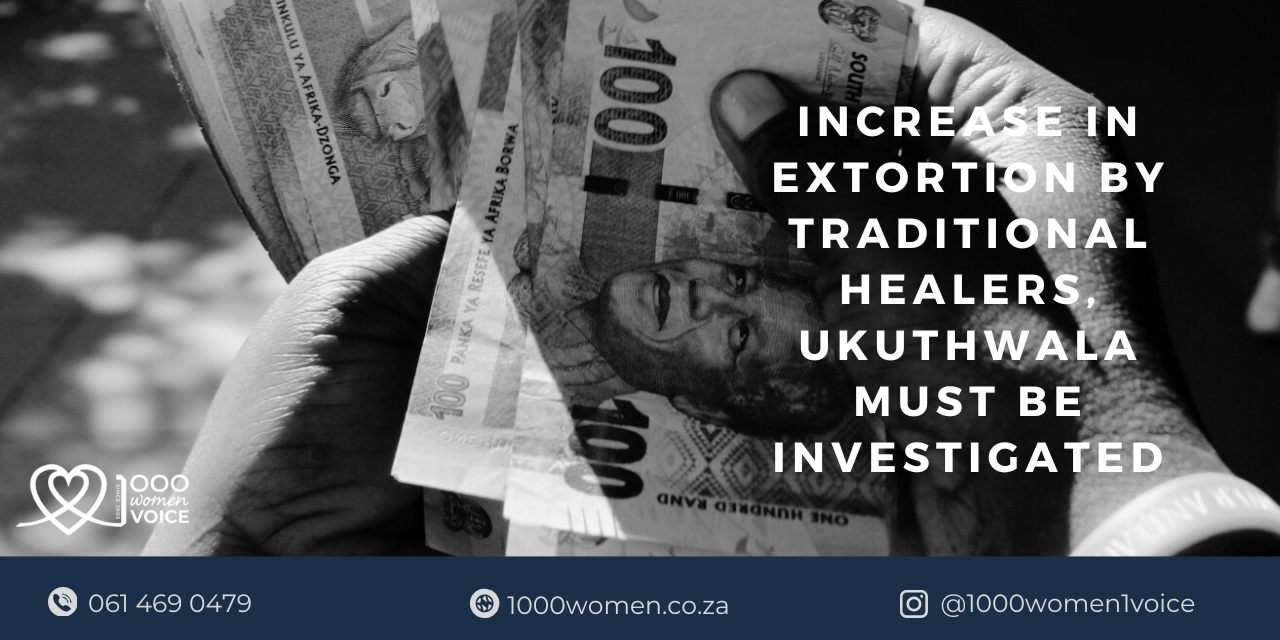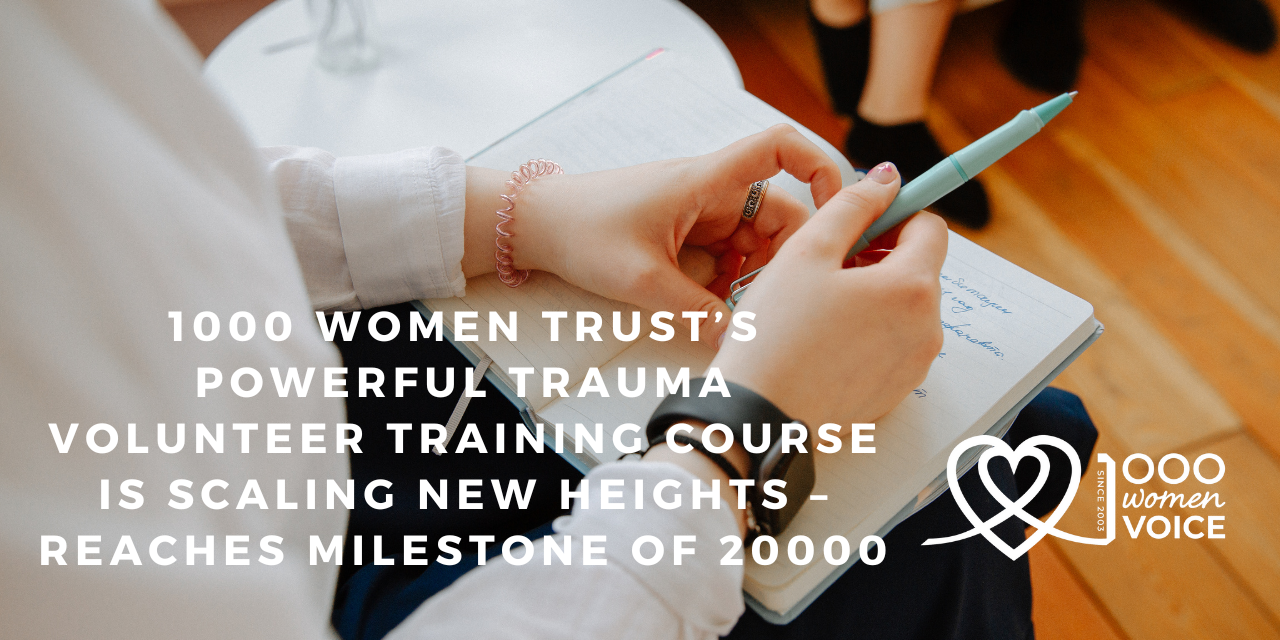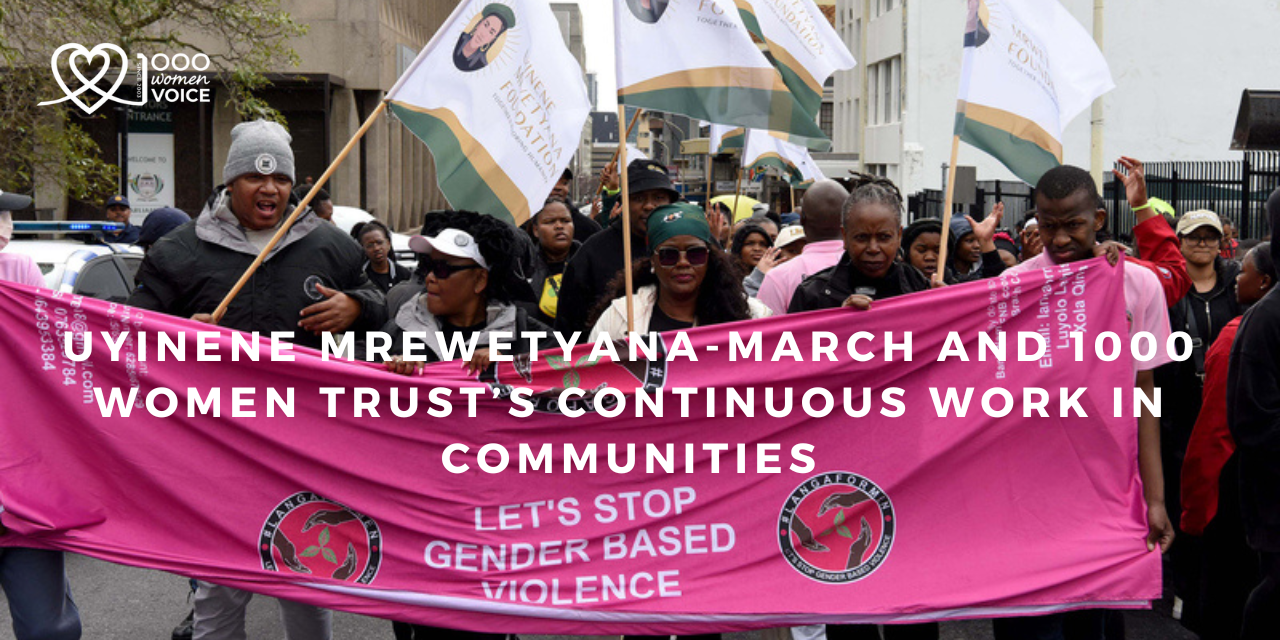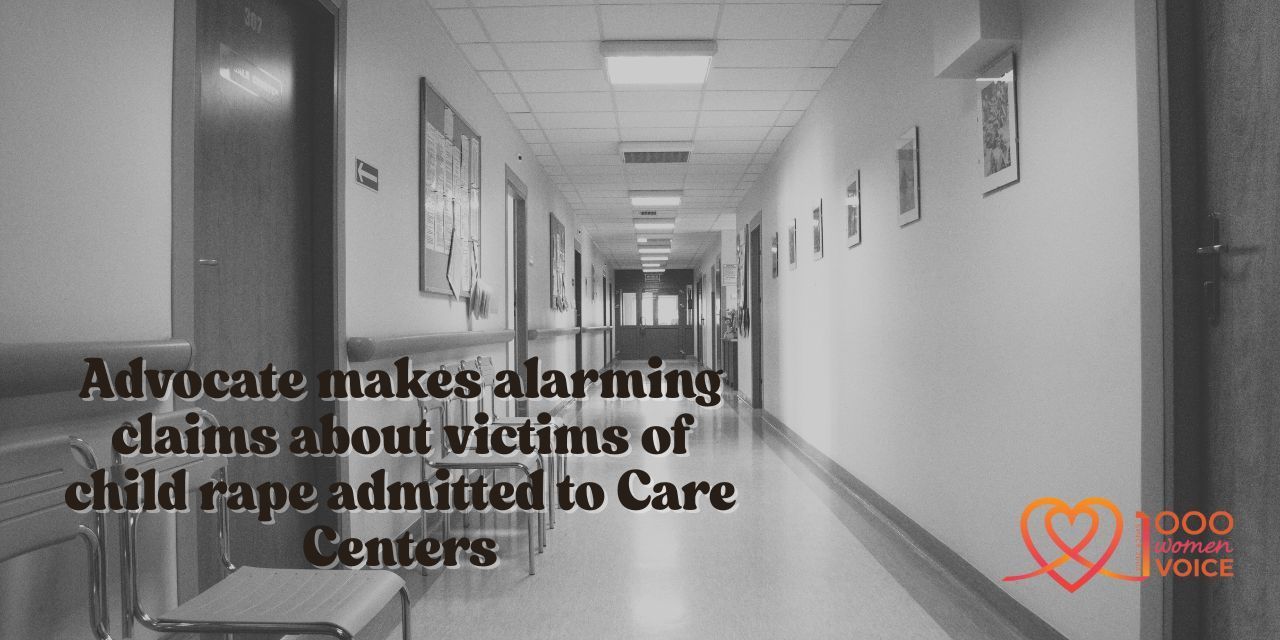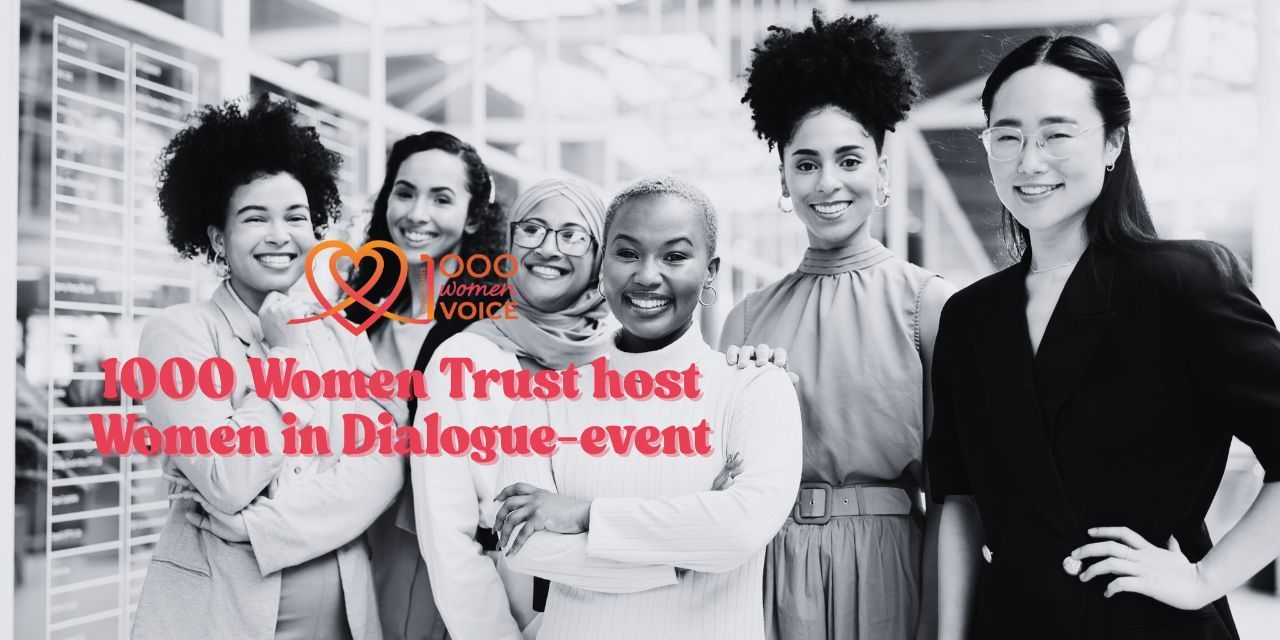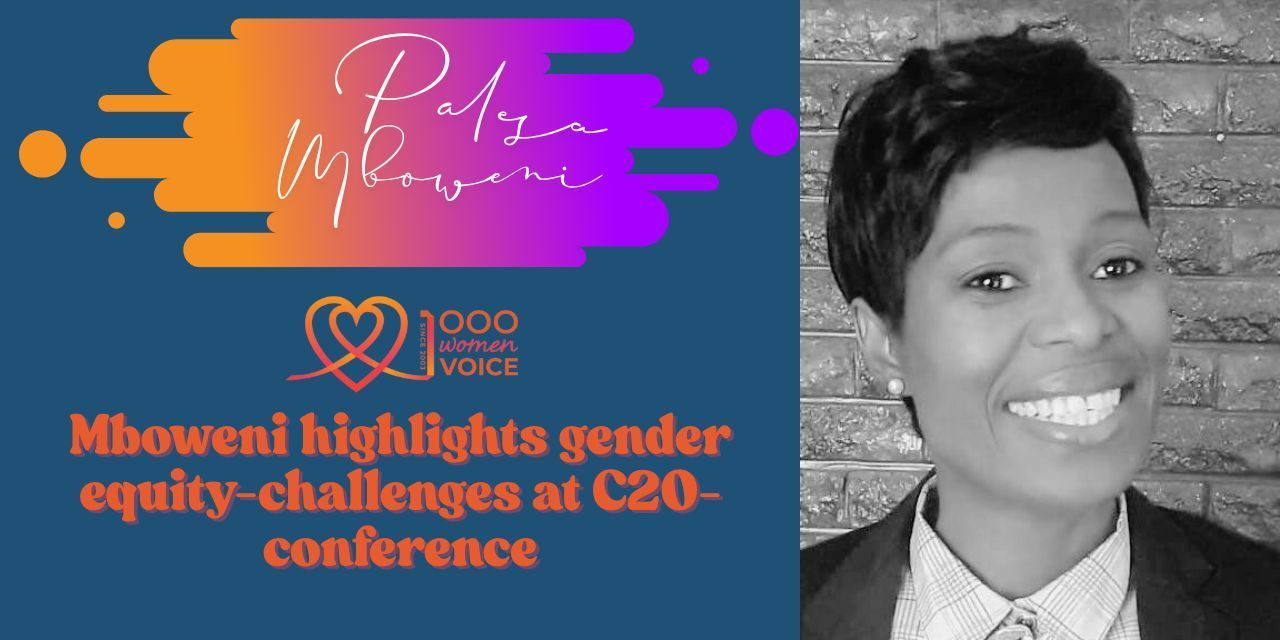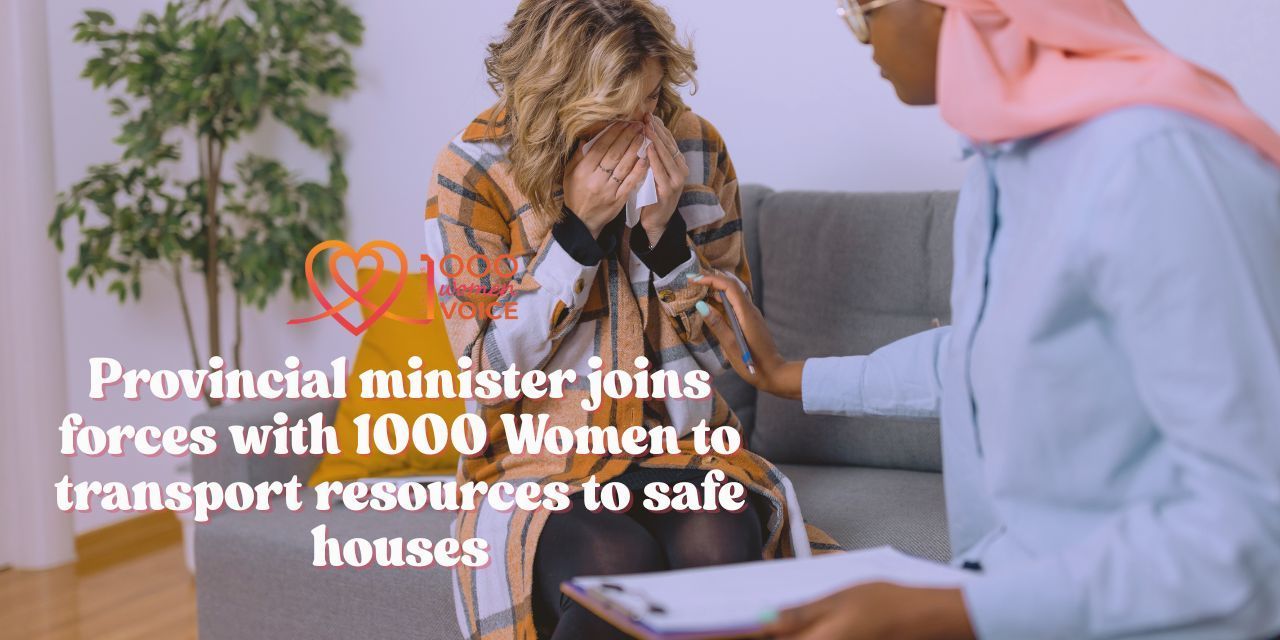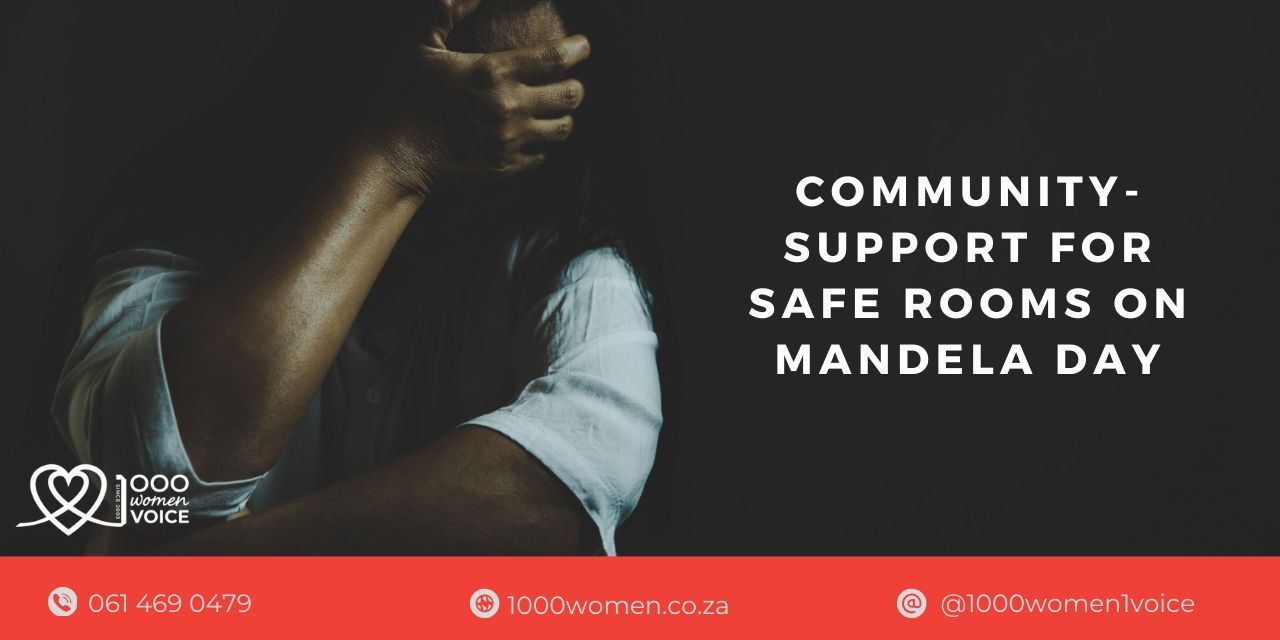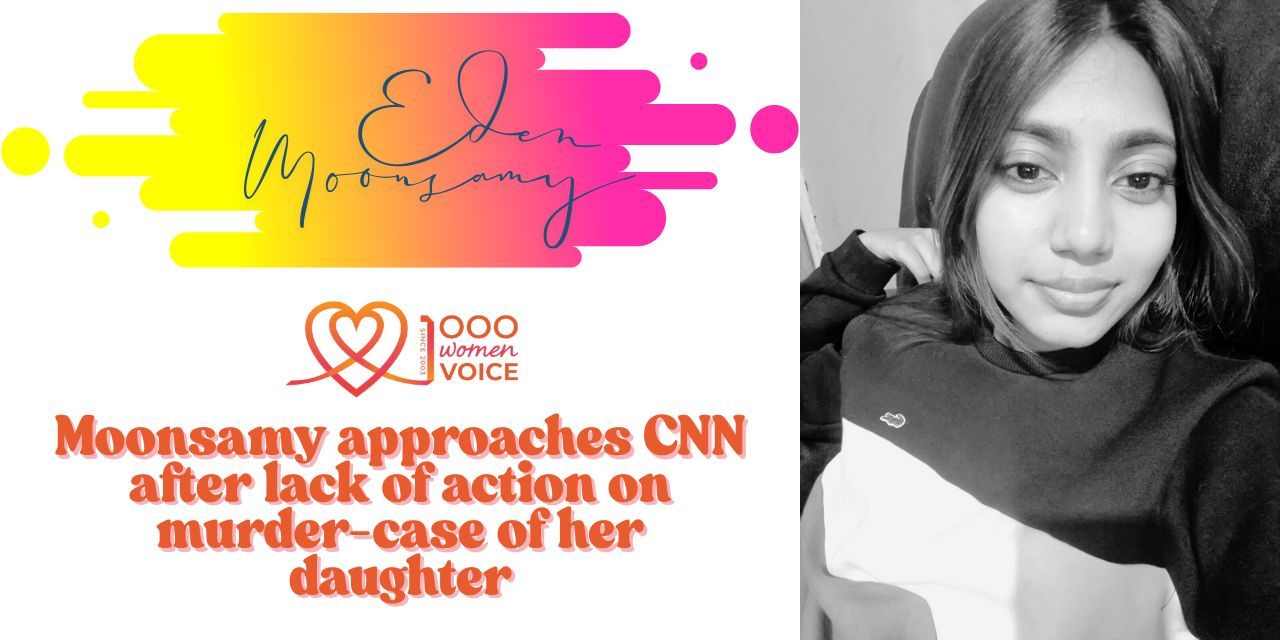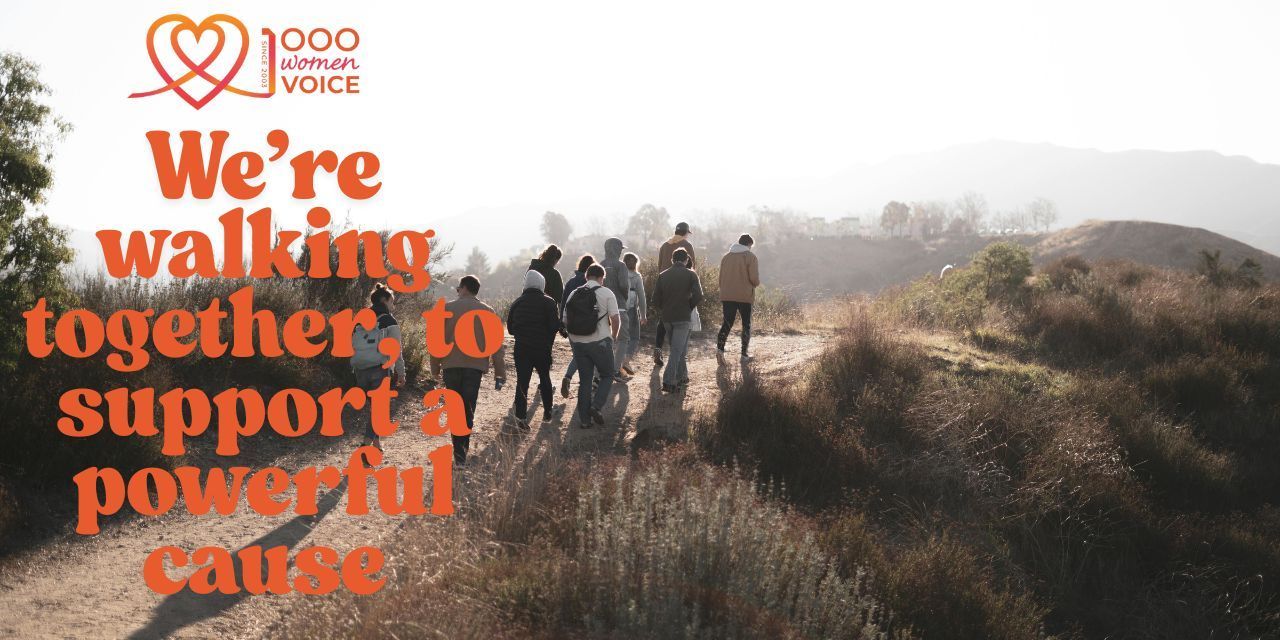Study reveals a lack of knowledge about GBV-hotline, safe spaces
A study by 1000 Women Trust revealed a lack of knowledge about GBV-hotline, safe spaces
Words: Fanie Heyns
CAPE TOWN. – The results of a 2-phase study conducted by 1000 Women Trust during the COVID-19 lockdown on whether individuals have experienced gender-based violence and whether they knew of safe spaces or a safe space to access help, or a hotline to assist them during their trauma, revealed an alarming trend which sends shockwaves through communities.
The study revealed that “ out of the total sample, a majority of individuals do not know of a safe space to go if they experience gender-based violence, and an even larger majority are not aware of the gender-based violence hotline ” said Tina Thiart , founder member of 1000 Women Trust.
More work needs to be done to ensure that survivors of GBV and members in their community know how to seek support for GBV during the lockdown pandemic and to dismantle barriers such as stigma, fear, and shame which prevent survivors from reporting their experience.
For phase 1, data was collected between 20th July 2020 and 21st September 2020 in Western Cape and Gauteng. Data from 606 individuals was collected through a series of local, in-person support sessions that were run by 1000Women for GBV survivors and adhered to COVID-19 restrictions and guidelines. Google forms were used to collect the data and the facilitator’s access to phone data enabled participants with no access to mobile internet to take part.
For phase 2, data were collected between 2nd September and 20th October. Data from 35 individuals was collected, using google forms which were administered to individuals by participants who had completed the GBV vent buddy and life coach training in the style of an interview. Participants were recruited through the networks of those who had taken part in the training, and guidance provided on setting up and conducting a survey interview ethically (see ethics)
Each demographic was analysed in relation to the category of knowing a safe space to go, as this was seen as overarching all safe spaces, including family/friends, safe houses etc. Therefore it was seen as being the most ‘telling’ category to analyse against. Nevertheless, the overview graphs which analysed all demographics together indicate that a majority of individuals do not know about the GBV helpline as well, despite its advertisement on the radio, posters, Facebook, WhatsApp groups, and moreover the lockdown period.
A graph depicting awareness of the GBV hotline by disability was analysed to see if a particular disability (e.g. sensory) has a greater impact on awareness of the hotline, as use of the hotline relies on sight and hearing to be able to use it. The graphs indicate that the GBV hotline is inaccessible for many people with disabilities, however, the overview pie chart indicates that this is the case for the majority.
The graph indicating whether an individual requires counselling also implies that psycho-social support has not been an option for many of the individuals reached. Without further tests, the statistical significance of these results cannot be confirmed. However, what is clear is that for every demographic engaged, there is an overwhelming majority of individuals who do not know of a safe space to go for help for GBV during the COVID-19 lockdown.
As a result these findings show that one cannot rely on technology alone to advertise how individuals can seek support for gender-based violence. These results also point to a need for more effort in building the capacity of ordinary citizens to support themselves and each other with regards to accessing support for GBV.
These diagrams indicate that out of the total sample, a majority of individuals do not know of a safe space to go if they experience gender-based violence – 63 % -, and an even larger majority – 66 % – are not aware of the gender-based violence hotline.
As one saw these results coming in, one began asking if participants required counselling for GBV, to enable us to respond to them with GBV vent buddies if they did. The figure (do you need counselling) is for a sample of 544 participants, as this question was only introduced later in the study and 52 % responded that they indeed needed counselling.
These diagrams indicate that a majority of individuals with disabilities do not know of a safe space to go if they experience gender-based violence. Out of the 105 individuals reached with a disability, 74% were experiencing GBV, and 86% did not know of a safe place to go if they experienced GBV.
The diagrams show that out 62% of black people, 63% of coloured people, 88% of other people, and 69% of white people engaged, do not know of a safe place to go if they experience gender-based violence.
Out of those with less than R850 per month to spend on themselves and their dependents, 64% were experiencing GBV and 76% did not know of a safe space to go if they experienced GBV. Meanwhile, 50% of those with an income of over R850 PM were experiencing GBV and 54% did not know of a safe space to go.
Postscript: 1000 Women has joined a network of organisations that are exploring the role of digital technology and the role it might play to combat violence against women. We need to look at better ways to communicate with women and how we can use technology to support Women in our communities. The project that 1000 Women trust and the network of organizations will embark on to explore the role of digital technology, is WE DARE , an acronym for Women’s Equality: Digital Access and the Right to Expression.
